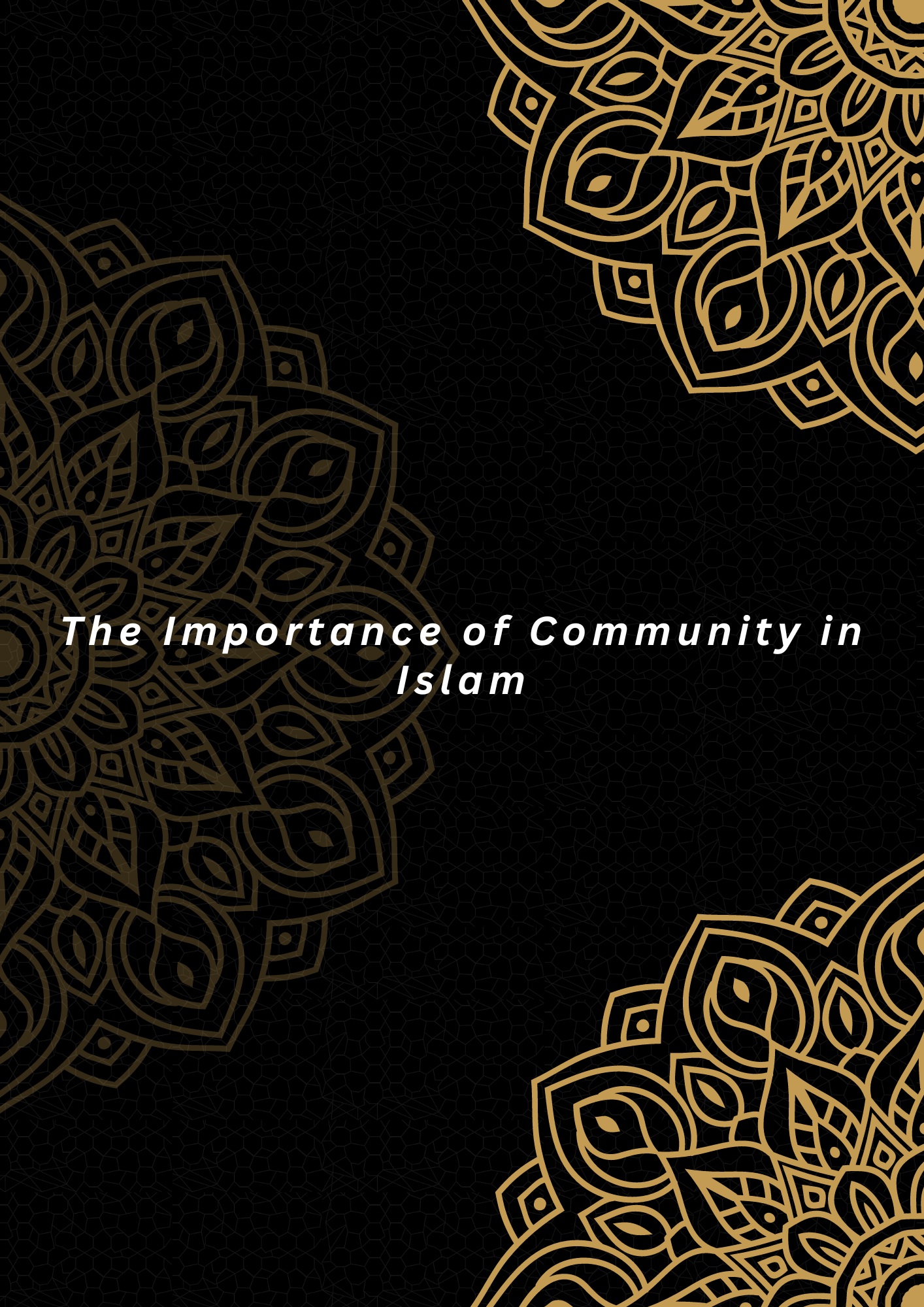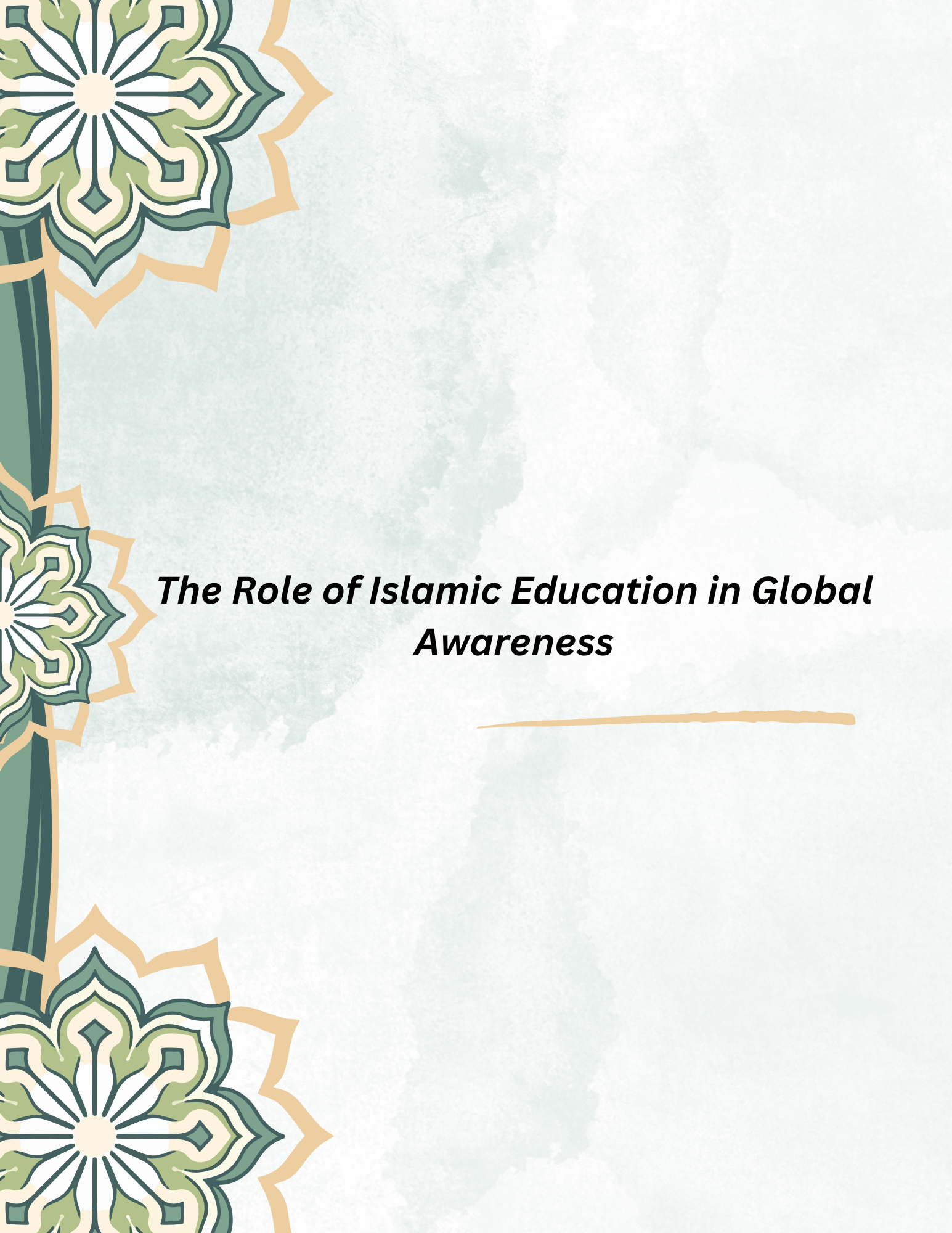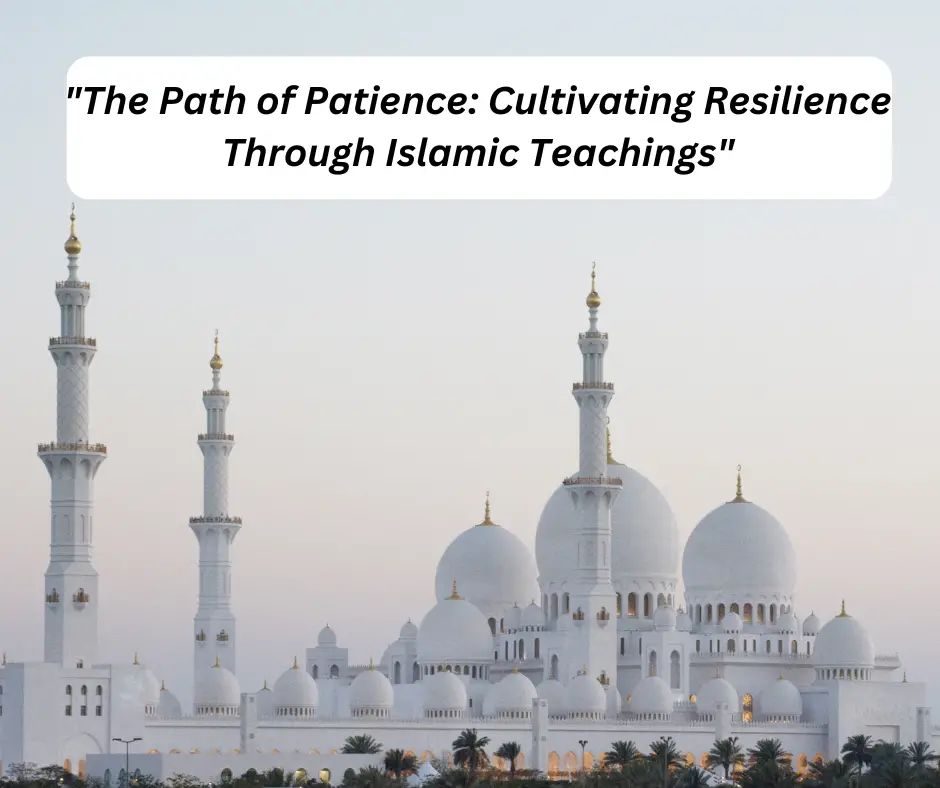Community, or “Ummah” in Arabic, is a fundamental concept in Islam. The sense of belonging and collective responsibility within the Muslim community is deeply rooted in the teachings of the Quran and the Hadiths. The importance of community in Islam cannot be overstated, as it plays a crucial role in the spiritual, social, and moral development of individuals. This article explores the significance of community in Islam, the values it fosters, and its impact on the lives of Muslims.
The Concept of Ummah
The term “Ummah” refers to the global community of Muslims bound together by their shared faith in Allah and adherence to Islamic principles. The Quran frequently emphasizes the unity and brotherhood of the Ummah, urging Muslims to support and care for one another. Surah Al-Hujurat (49:10) states: “The believers are but a single brotherhood, so make peace between your brothers and be mindful of Allah, so you may be shown mercy.”
This verse highlights the idea that all Muslims, regardless of their ethnic, cultural, or geographical differences, are part of a single, cohesive community. The sense of brotherhood and solidarity within the Ummah is central to the Islamic way of life.
Values Fostered by the Muslim Community
- Solidarity and Support: The Muslim community is built on the principles of solidarity and mutual support. Muslims are encouraged to assist one another in times of need, reflecting the teachings of the Prophet Muhammad (peace be upon him), who said, “The believers, in their mutual kindness, compassion, and sympathy, are just like one body. When one of the limbs suffers, the whole body responds to it with wakefulness and fever.”
- Social Justice: Islam places a strong emphasis on social justice and the welfare of the less fortunate. The community is responsible for ensuring that the basic needs of all its members are met. This is exemplified by the practice of Zakat, a form of almsgiving that is one of the Five Pillars of Islam. Zakat serves to redistribute wealth within the community, reducing poverty and inequality.
- Moral and Ethical Development: The community plays a vital role in the moral and ethical development of its members. Through communal worship, education, and social interactions, individuals learn and internalize Islamic values and principles. The Friday congregational prayer (Jumu’ah) is a key example, where Muslims gather to pray and listen to a sermon that reinforces their faith and ethical conduct.
- Collective Worship: While individual worship is important in Islam, collective worship holds a special place. The daily prayers (Salah), especially those performed in congregation, foster a sense of unity and equality among Muslims. The annual pilgrimage to Mecca (Hajj) is another profound expression of communal worship, bringing together Muslims from all over the world in a demonstration of global Islamic unity.
Impact on Individual Lives
- Sense of Belonging: Being part of the Muslim community provides individuals with a sense of belonging and identity. This communal connection helps Muslims feel supported and connected to a larger purpose, strengthening their faith and resilience.
- Emotional and Psychological Support: The community offers emotional and psychological support to its members. In times of personal crisis or hardship, the collective compassion and empathy of the community can provide comfort and solace, helping individuals navigate through difficult times.
- Encouragement and Accountability: The community encourages individuals to strive for personal and spiritual growth. By being part of a supportive network, Muslims are motivated to uphold their religious duties and ethical standards. Additionally, the community holds individuals accountable for their actions, promoting a culture of righteousness and integrity.
- Opportunities for Learning and Growth: The community provides numerous opportunities for learning and growth. Islamic centers, mosques, and educational institutions offer religious education, vocational training, and social activities that help individuals develop their skills and knowledge, both religious and secular.
Conclusion
The importance of community in Islam is profound and multifaceted. The concept of Ummah emphasizes unity, brotherhood, and mutual support, fostering values of solidarity, social justice, and moral development. The community plays a crucial role in the lives of Muslims, providing a sense of belonging, emotional support, encouragement, and opportunities for growth. By nurturing a strong and cohesive community, Islam ensures that its followers can lead fulfilling and purposeful lives, guided by the principles of their faith.



